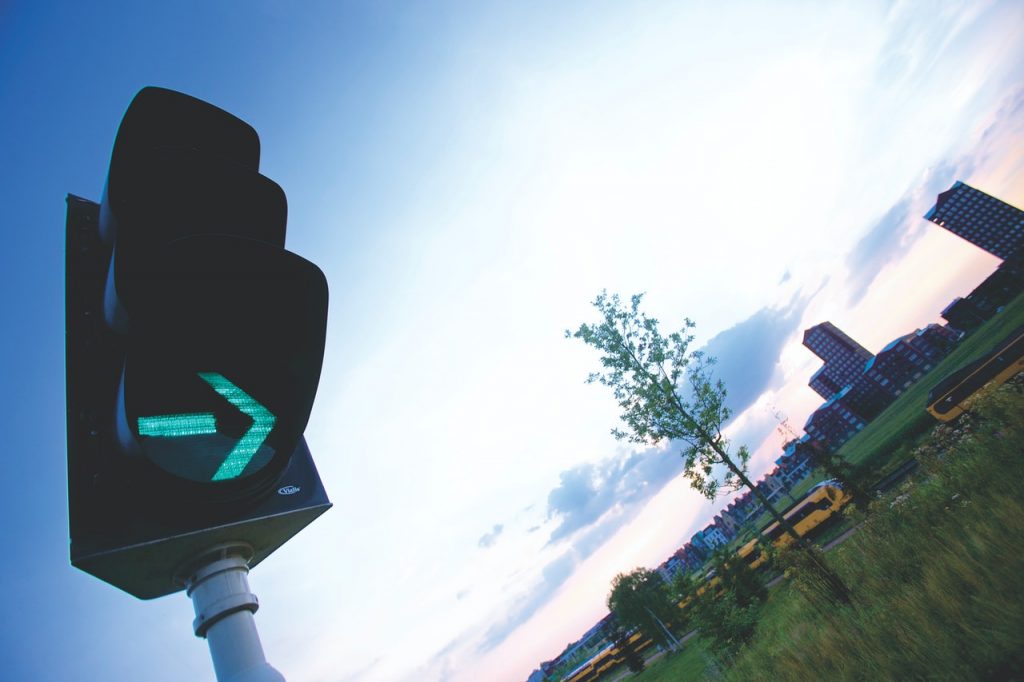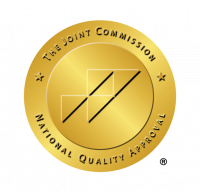Whether you’ve been sober for years or are brand new to recovery, relapse is a tricky subject. You’ve likely heard that it’s a normal part of the recovery process—but even so, slipping up and having a drink (or many) after getting sober can be upsetting and disheartening.
Fortunately, some useful tips can help you stay on track in sobriety. Here’s what you should know about how to prevent relapse (and how to bounce back if you slip up).
What Is Relapse?

Relapse is defined by the Merriam-Webster dictionary as “the act or an instance of backsliding, worsening, or subsiding.”1 In other words, it means regressing after a period of improvement or gains you’ve made, usually regarding health or behavior.
When it comes to addiction, relapse means falling back into using drugs or drinking after being sober for a while. It might look like caving in and drinking at a party after going 30 days without alcohol. Or it might mean binge drinking for several days after being sober for years. Regardless of if it’s a short slip-up or a bigger backslide, it’s often a sign that you may need to adjust your treatment program or make other lifestyle changes.
How Common Is Relapse?
If you find yourself trying to regain your footing after a relapse, you’re not alone. Researchers estimate that 40-80 percent of people with alcohol use disorder “lapse” with at least one drink in the year following treatment. A smaller portion—around 20 percent—will go back to drinking as much as they did before treatment.2
These numbers show that alcohol relapse happens often, and you’re not unworthy or a failure if it happens to you. In fact, the period after a relapse can be a chance to better yourself, and figure out which changes will set you up for greater success as you move forward.
Stages of Relapse
Many people picture relapse as a single, abrupt event. But it’s actually a process that can happen in several phases, linked to thoughts, feelings, and situations.
According to some sources, there are actually three stages of relapse:
- Emotional relapse is the stage when feelings like anger, anxiety, sadness, or hopelessness start to build up. This can happen from repeated stress at home or work, untreated depression, or other underlying issues that you haven’t yet had a chance to work through.
- Mental relapse is when you actually consider relapsing to ease your emotional pain. As your addictive tendencies resurface, you might have thoughts like, “It’ll be fine if I just have one.”
- Physical relapse is the act of obtaining and using your substance of choice, and it often happens after the buildup of both emotional and mental relapse.

Schedule a private call with a Ria Health team member and we can help you get started.
How To Avoid a Relapse

So, how can you figure out how to prevent relapse? To start, it can help to reflect on what triggered your drinking in the past, and identify some coping skills to help you avoid future alcohol use. From this foundation, you can build a relapse prevention plan to stay sober for the long haul.
What Are Common Relapse Triggers?
A trigger is anything—a person, feeling, place, or even a memory—that makes you want to reach for a drink. Triggers are unique for each person, but there are some general categories that most of them fit into:
- People: The individuals you used to drink with—whether they’re your friends, loved ones, or acquaintances—may stir up the desire to drink again. Additionally, people you don’t get along with or who cause you emotional pain may also trigger you.
- Places and environments: Some settings (even if not linked to a specific location) can be triggering—such as a particular friend’s house, concerts, or bars.
- Stress and other difficult emotions: You may feel the urge to relapse when negative emotions like stress, sadness, anger, or fatigue get out of hand.
- Time of year or special events: Holidays, birthdays, anniversaries, and other gatherings may also bring on the urge to drink.
Useful Relapse Prevention Skills
So, what are some relapse prevention strategies? There’s a wide range of tactics you can use—both big-picture and in-the-moment—that can help you keep alcohol relapse at bay. These include:
- Identifying your triggers. Knowing what they are can help you avoid them from the get-go.
- Being aware of your emotions and thoughts. You can grow your emotional awareness by practicing mindfulness, checking in with yourself throughout the day, journaling, and speaking with a counselor or therapist.
- Developing coping skills. Sometimes, coping can look like finding physical solutions to problems. But it can also mean practicing self-care to process your emotions and soothe your stressed-out mind.
- Paying attention to H.A.L.T. (Hungry, Angry, Lonely, Tired). If you’re wrestling with the desire to drink, pay attention to whether you’re dealing with any of the feelings of H.A.L.T. Make sure your stomach is full, you’ve talked to your friends and loved ones, and you’ve had enough shuteye before making any rash decisions.
- Stay in touch with peers and treatment providers. Peers, counselors, meetings, and even online groups can help you avoid relapse by offering you a sense of community and support.
What To Do If You’ve Relapsed

When you’re committed to recovery, relapse is never a welcome experience. But if you’ve relapsed and are reading this now, you’re already taking the right steps to get back on course.
To bounce back, the first thing you should do is seek support. Get in touch with your counselor, peers, and treatment provider if you have one. And if you have close friends or loved ones who can support you during this time, reach out to them as well.
Then, spend some time reflecting on what brought about your relapse. In retrospect, you might notice subtle red flags or warning signs that you missed before, like excess stress or environmental triggers. This reflection can help you make changes such as avoiding certain people, speaking with a therapist, and managing your stress better. Each of these can help you put a more solid relapse prevention strategy in place for the future.
Why Relapse Isn’t the End of Your Recovery
It’s common to feel ashamed and unsure of how to “restart” after an alcohol relapse. And if this is where you are now, remember to show yourself compassion. Relapse is common, and it doesn’t equal failure. It just means that you’re a human being in a challenging situation, and that you may need help adjusting your approach. The silver lining is that you can use it as an opportunity to learn, grow, and come back better.
If you need some extra support in preventing relapse, treatment programs like Ria Health can help. Ria Health connects you with all the resources you’ll need for recovery, including access to medical professionals, peer support groups, recovery coaches, and anti-craving prescriptions. Beyond that, Ria is 100 percent online—so you won’t need to rearrange your life to get the care you need.
Get started today or learn more about how it works.




